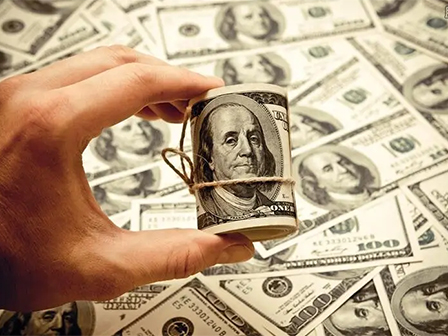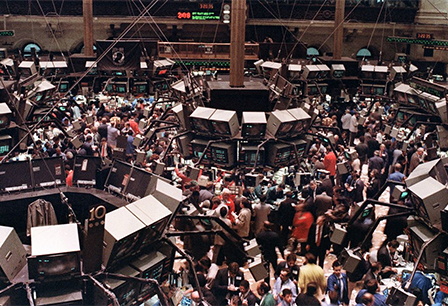No two recessions are alike. But the potential recession in 2022 is looking like the most unique one we’ve ever seen.
Some traditional signs of an economic slowdown are already upon us. U.S. GDP has shrunk for two quarters in a row — the textbook definition of a technical recession.
Meanwhile, homebuilding activity has plummeted while consumer confidence is at its lowest point since the pandemic erupted. However, President Joe Biden said on Thursday that the nation remains "on the right path."
Here are three big reasons why the upcoming recession is different.
The labor market is robust
In most recessions, economic output and employment decline simultaneously. Lower revenue compels businesses to cut back on staff, which leads to higher unemployment. Ultimately, higher unemployment leads to lower consumer spending and that creates a vicious cycle.
In 2022, however, unemployment is still at a record low. The official unemployment rate in July was 3.5% – matching a 50-year low reached just before the pandemic. A robust job market is “historically unusual” during a recession, according to economists at Goldman Sachs.
This unusually strong job market could be deriving strength from another unusual source: corporate financial strength.
Companies are cash-rich
Corporations see a decline in sales and earnings during recessions. That process may have already started. However, U.S. corporations are sustaining profits and sitting on an immense cash hoard going into this recession.
The average U.S. corporation’s after-tax profit margin is around 16% right now. In traditional recessions, this rate drops down to single digits. Meanwhile, these corporations are collectively sitting on over $4 trillion in cash. That’s a record level and also highly unusual for a recessionary environment.
Companies may have raised these funds during the era of easy money and low-interest rates over the past decade. Now, this cash is acting as a buffer and could allow companies to retain staff despite the economic slowdown.
Rates are rising
Another unusual factor of this recession is the Federal Reserve’s hawkish stance. In most recessions, the central bank cuts interest rates and adds more money to the economy to stabilize it.
In 2022, however, the Fed has been aggressively raising rates to curb inflation. Considering the strength of the job market and corporate balance sheets, the central bank may have more reason to keep raising rates.
What comes next?
“This is unsustainable,” says WSJ’s Jon Hilsenrath. He believes that one of two things must happen to resolve this misalignment: either the economy recovers swiftly, ending the recession, or the economy keeps dipping, compelling employers to cut jobs.
These two scenarios could potentially be the “soft landing” and “hard landing” the Fed has previously mentioned. Investors need to keep an eye on all indicators to see which scenario is playing out because the impact could be severe.
This could be an ideal time to bet on beaten-down growth and tech stocks if a soft landing occurs. However, in a hard landing investors may need to take refuge in asset-backed defensive stocks like healthcare companies and real estate investment trusts.
In either case, 2022 is shaping up to be an interesting year for investors.












